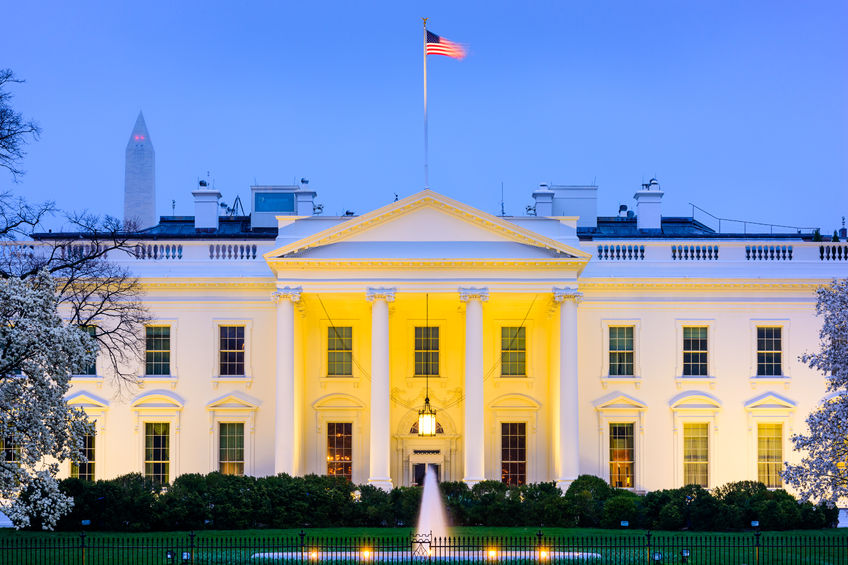
The role of cash within clients’ portfolios will increase in importance as the results of Tuesday’s U.S. presidential election and its unexpected winner, Donald Trump, could continue to shake up markets.
“Equities are going to recover [but] they are going to bounce [around]. You probably want to hold a little bit more cash [than normal] as you go through the next few weeks,” says Kevin McCreadie, president and chief investment officer with Toronto-based AGF Investments Inc. “If you’re a Canadian investor, it’s probably not bad to have an anchoring in a nice [balanced portfolio].”
The immediate impact of the Republican candidate’s victory on U.S. stock markets was evident around midnight, as Dow Jones industrial average futures fell steeply, by 750 points. However, the Dow rose by 137.21 points to 18,469.64 by midday Wednesday. The resources-heavy S&P/TSX composite index opened Wednesday’s trading with a slight decline of 12 points, but quickly entered positive territory.
Although a major correction for equities is not expected, some volatility will continue to take place because of the lack of details about the president-elect’s policies and the fact no one knows who will help Trump usher in changes, McCreadie notes.
Trump’s outspoken personality will also likely play a part in the shakiness of the markets, McCreadie says: “Every time [Trump] acts unpresidential … you’re going to [see] market volatility.”
However, Trump’s pro-U.S. growth stance has the potential to benefit Canada and its industries, McCreadie points out: “To the extent that he drives a pro-growth agenda … The U.S. is our largest trading partner and you want to trade with someone who’s growing.”
Trump is “pro classic energy” and discussion surrounding the implementation of TransCanada Corp.’s Keystone XL pipeline project on U.S. soil will be back on the table, says McCreadie, which would, in turn, likely lead to increased spending among traditional energy companies.
Canada may not even fare that badly if Trump’s trade protectionist policies were to become a reality. Canada tends to export intermediary goods to the U.S. that will become a part of the supply chain for the production of end products as opposed to the end products themselves. Canada would therefore be less subject to tariffs than countries such as China, McCreadie says.
“If the U.S.’s manufacturing [sector] grows because [the country’s] economy starts to grow again and [Canadian goods are] a part of that supply chain, that should benefit Canadians,” he adds.
Trump’s promise to unravel the North American Free Trade Agreement would be difficult to uphold as the trade policy is so established; however, that task is not impossible, McCreadie says. Nevertheless, any disentangling of that agreement, if it were to take place, would likely hurt Mexico more than Canada.
An area for concern in terms of U.S. growth and its impact on international economies is the sudden rise in government bond rates. For example, the 10-year U.S. Treasury bond rate jumped notably, to 2.07% on Wednesday from 1.7% on Tuesday.
“The U.S. tends to issue mortgages tied to the 10-year bond rate. If you push these interest rates up fast, you can slow growth quickly meaning mortgages rates go up; housing potentially slows; and companies that issue debt in the marketplace tied to treasury bonds have to pay more,” says McCreadie. “Higher rates could end up slowing the economy. This is a tug of war.”
With files from Canadian Press
Photo copyright: sepavo/123RF